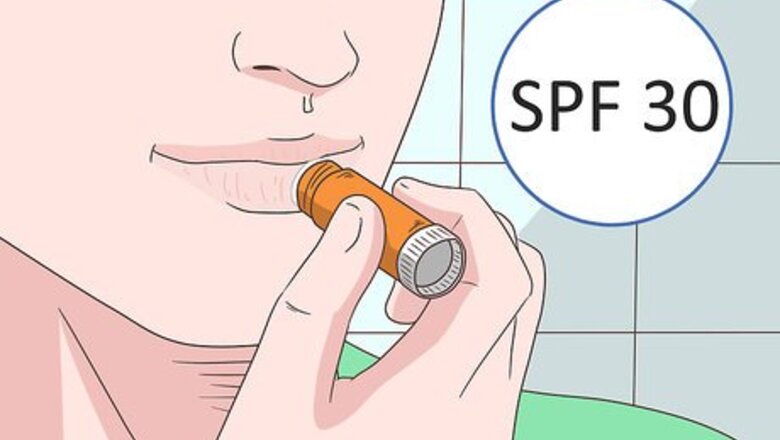
views
Taking Preventative Measures
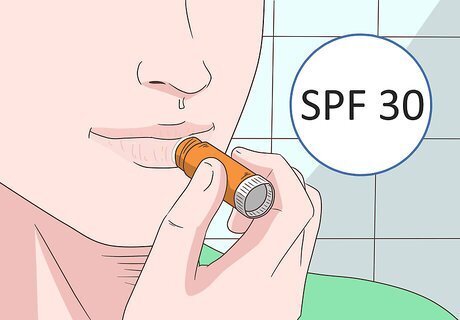
Use sunscreen. Exposure to harmful UV rays can cause your lips to crack and peel. You can avoid unnecessary sun exposure by applying sunscreen to your lips. Opt for a moisturizing lip balm with an SPF of 30 or higher.

Protect your lips from the wind. Harsh winds can dry your lips, leading to peeling. You can help protect your lips from the wind by wearing a scarf, especially during the winter. You can also help prevent wind-related damage and peeling by avoiding extreme weather whenever possible.
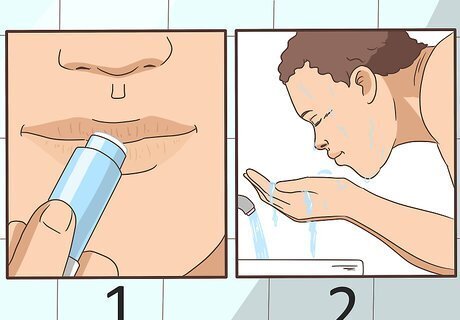
Apply lip balm before washing your face. Your facial cleanser could be drying out your lips and making them peel. Common cleanser ingredients benzoyl peroxide and salicylic acid can cause your lips to chap, especially if you are exposing your lips to the ingredients regularly. A moisturizing lip balm can protect your lips from these drying ingredients.
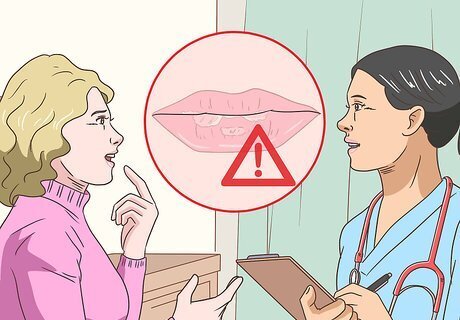
Talk to your doctor. Peeling lips can be caused by an allergic reaction to products like toothpaste or lipstick, foods, beverages, or even medication. If you think your peeling lips are the result of an allergic reaction or other underlying medical condition, talk to your doctor.
Using the Right Lip Products
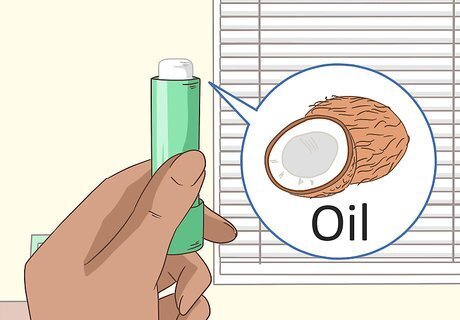
Wear a moisturizing lip balm. Keeping your lips moisturized with a good lip balm will help prevent peeling. Go for a lip balm that contains nourishing ingredients like almond oil, Shea butter, coconut oil, or beeswax. Apply a moisturizing lip balm throughout the day and right before bed.
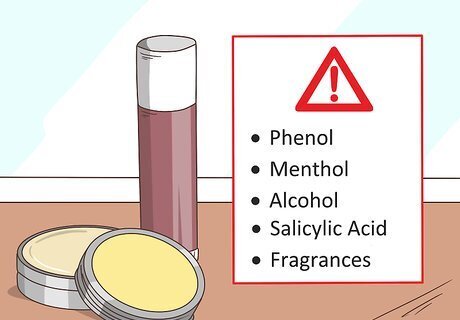
Avoid lip products with irritating ingredients. Your lip balm could be doing more harm than good for your peeling lips. Ingredients like phenol, menthol, alcohol, salicylic acid, and fragrances can irritate your lips and cause them to peel. For example, cinnamon is a common culprit that can irritate your lips.
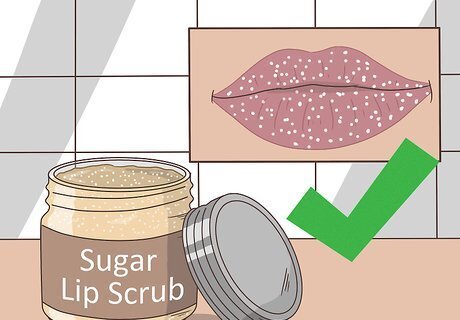
Use a sugar-based lip scrub. Scrubs containing irritating ingredients like salt can inflame your peeling lips. Instead of exfoliating your lips with a potentially irritating scrub, try making a sugar-based lip scrub at home to gently slough off peeling skin. Combine one teaspoon brown sugar, one teaspoon white sugar, one teaspoon honey, and 1/2 teaspoon olive oil. Mix the ingredients together and then massage on your lips for about 20 seconds.
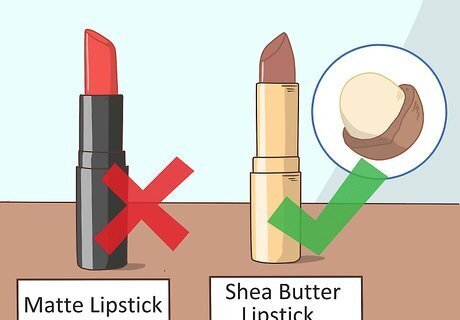
Reconsider matte lipsticks. Matte lipsticks are notorious for drying out your lips. They can cause irritation that leads to chapped or peeling lips. Avoid matte lipsticks and instead opt for lipsticks that contain conditioners like shea butter or macadamia oil.
Making Easy Lifestyle Changes
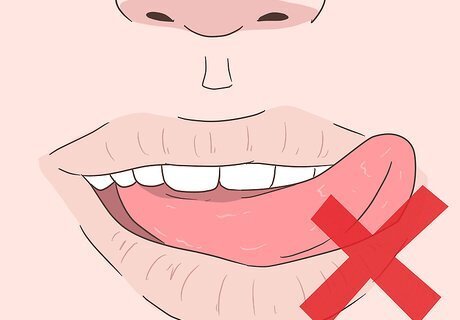
Don’t lick your lips. Licking your lips can cause them to feel drier. Over time, excessive licking of the lips can cause dermatitis and peeling. Licking your lips can also cause dry, peeling skin in the area surrounding your mouth.
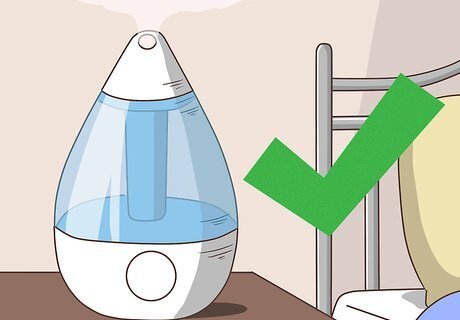
Use a humidifier. A lack of moisture in your indoor environment can lead to chapped or peeling lips. You can replace moisture in the air with a humidifier. Try sleeping with a humidifier on to keep your lips and skin hydrated.
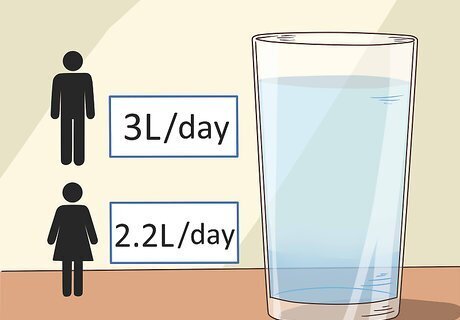
Drink plenty of water. Staying hydrated is key to preventing and healing chapped, peeling lips. Men should aim for about 13 cups or 3 liters of water each day. Women should consume around 9 cups or 2.2 liters of water daily.
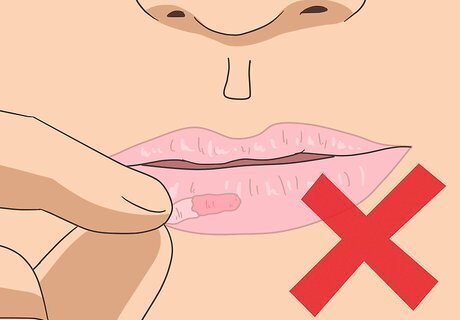
Don’t pick at peeling lips. Picking or biting at peeling lips can cause further irritation. Picking can lead to discomfort and pain, as well as make your lips unsightly. Avoid biting or picking your lips. Instead, apply a moisturizing lip balm when you get the urge to pick.




















Comments
0 comment